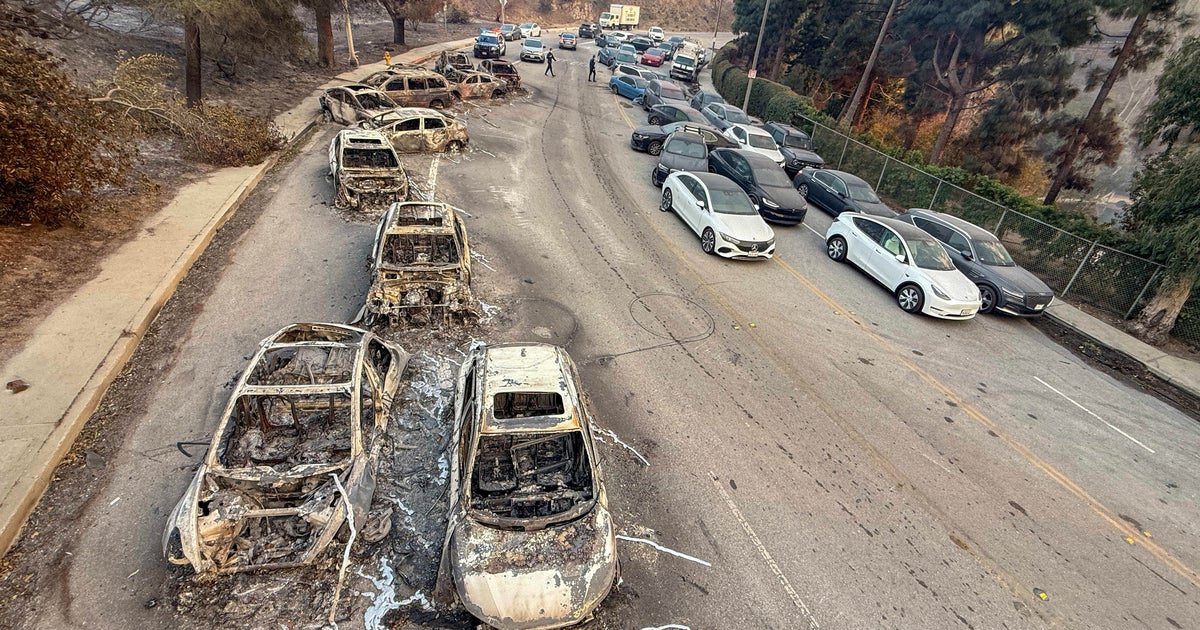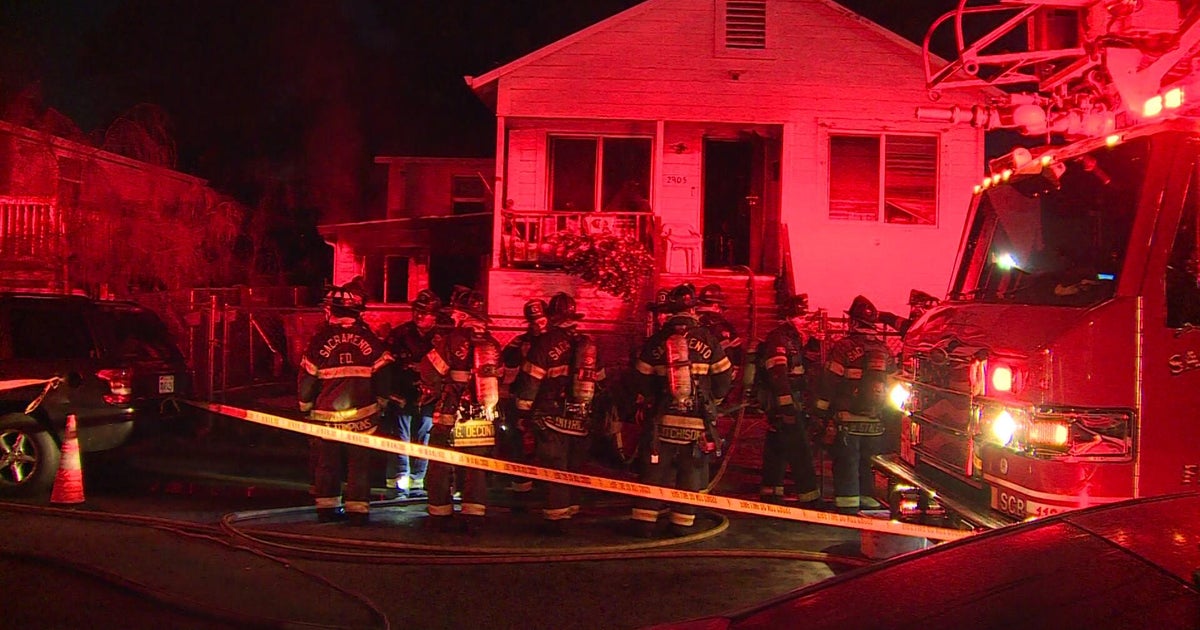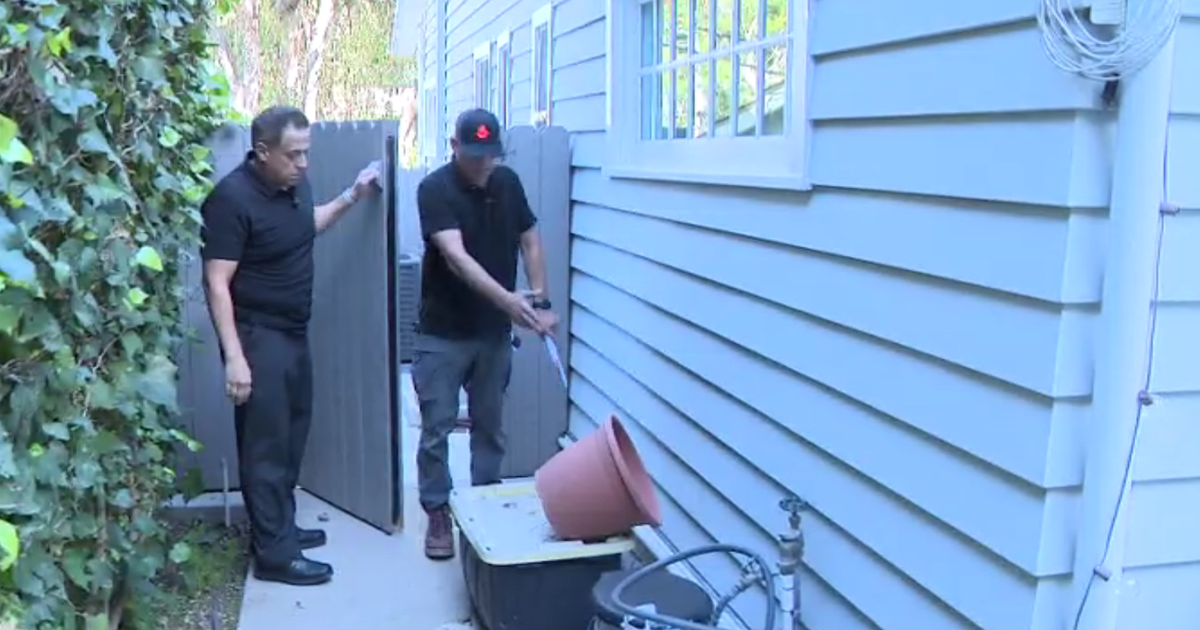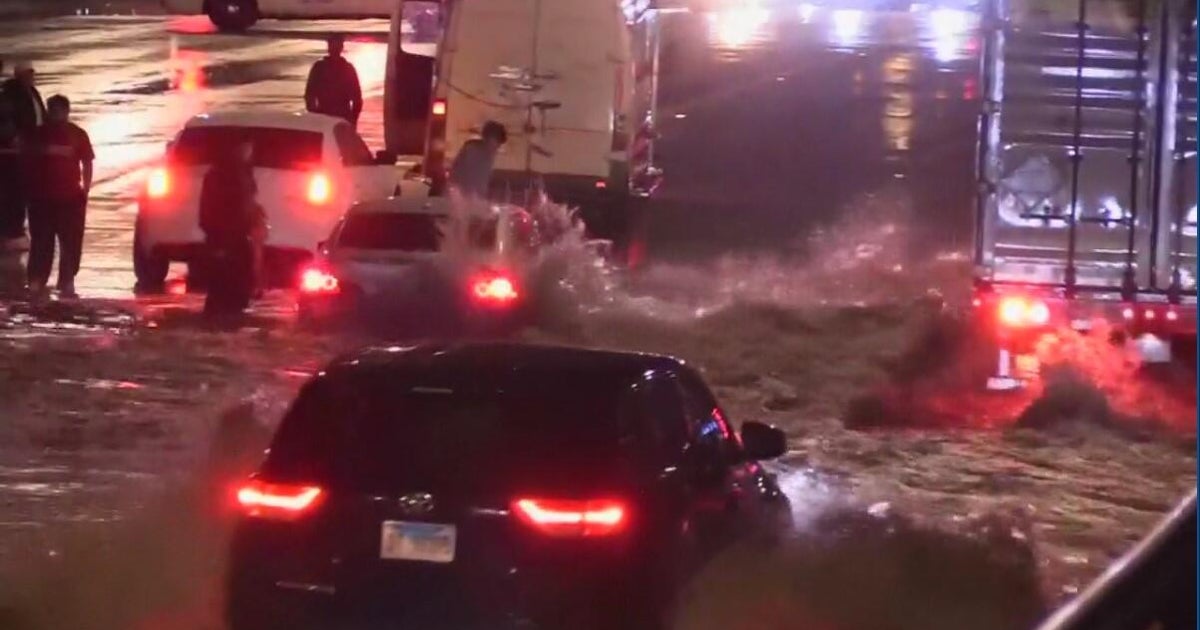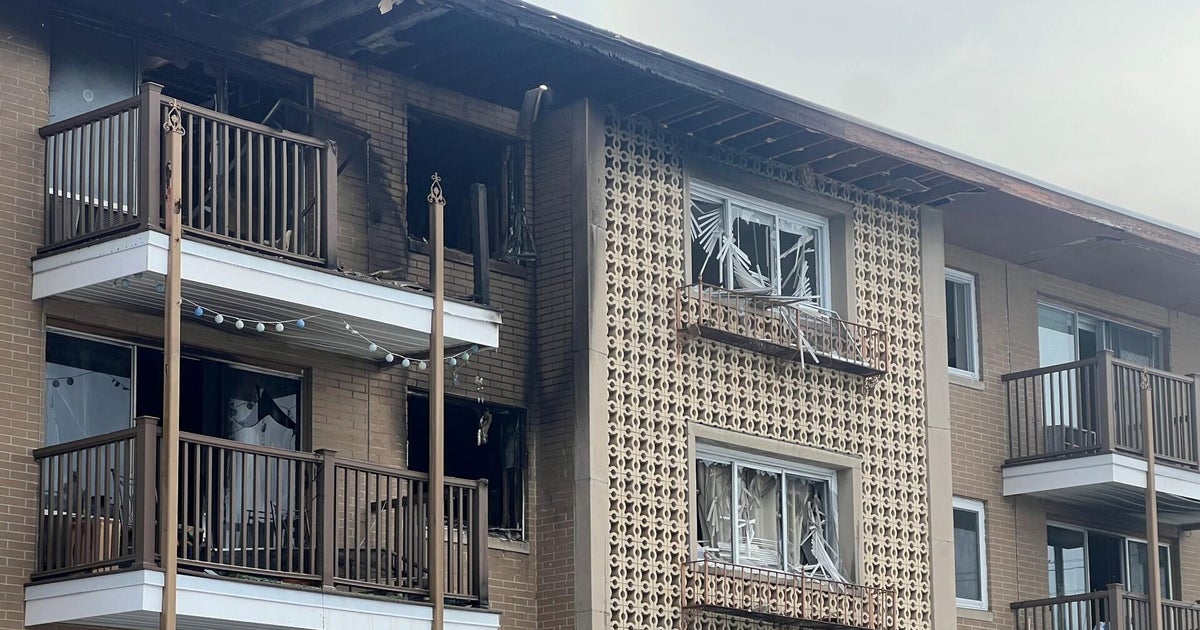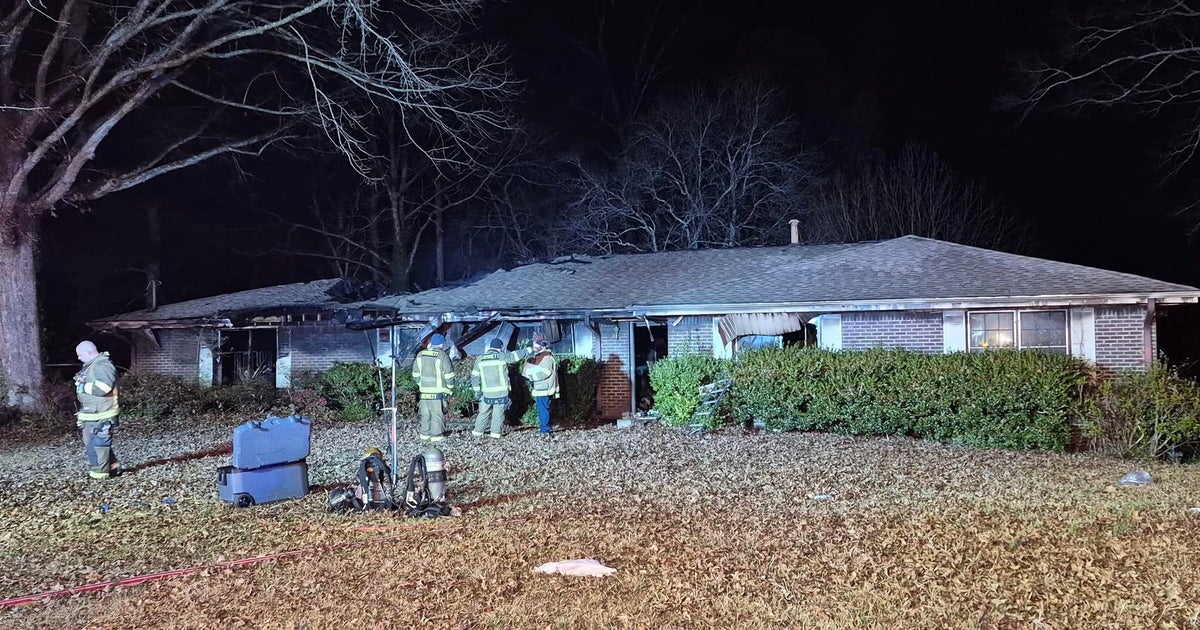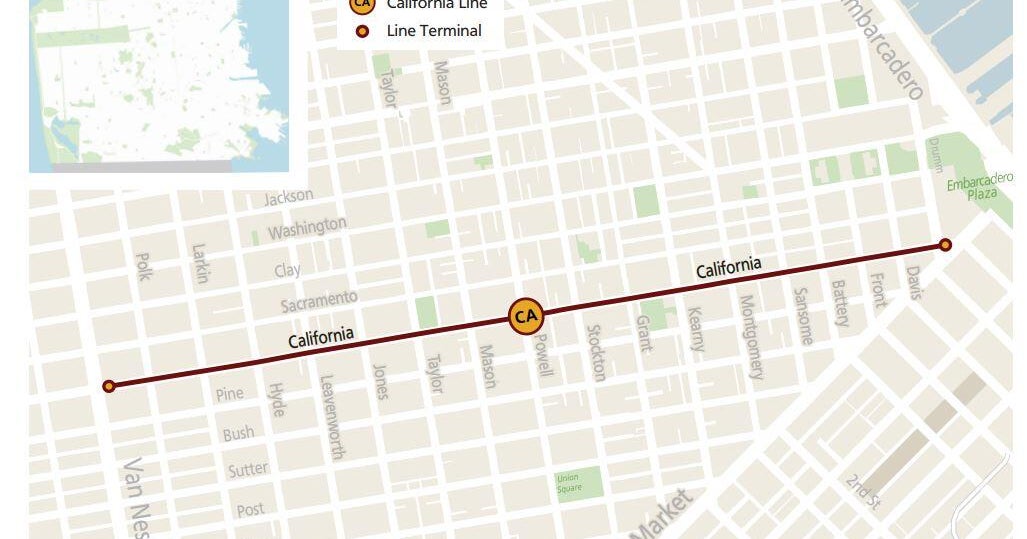Climate Science Blames California's Explosive Fire Season On Hotter Nights
SAN FRANCISCO (KPIX) - Climate scientists may have a clue as to why fire season is off to such an explosive start.
Over the past few years we have heard anecdotal evidence from firefighters that fires are not behaving the same way at night.
The hours after the sun goes down are supposed to provide firefighters with an upper hand from Mother Nature - cooler temperatures and higher humidity. When that happens, the fire 'lays down' and firefighters can work on stopping the forward march of flames.
That old firefighting philosophy may turn into an old wives tale in the new normal of California's fire season.
"Nighttime temperatures are warming at a greater rate than the daytime temperatures are," says Tim Brown, Director of the Western Regional Climate Center in Reno.
Brown is a climatologist. He says markers of climate change can be seen more dramatically after dark.
"It's about two degrees Fahrenheit anomaly that we're seeing now, a departure from the long term average and that's been happening since about the 1980s," he says.
The swing toward hotter nights has become more pronounced over the past six years.
"The night time warmth also means drier humidity during the night and dead and cured vegetation which is the fuel for the fire," says Brown. "This would, typically, at night absorb more of the moisture, but with less moisture to absorb because of the warmer temperature, the fuels are drier at night and that leads to increased fire behavior."
That increased nighttime fire behavior was noted on the recent County Fire which instead of slowing, quadrupled in size over the first night.
The two degree temperature swing could not only make fires burn faster, it could make them burn longer.
"It could impact tactical operations during the night and potentially make the fire itself last longer if they can't achieve the suppression goals in the timely manner that they desire," says Brown.
It has already been an extreme season for CalFire. Typically about 36,000 acres burn a year. Nearly 250,000 acres have burned just in the past six months.
